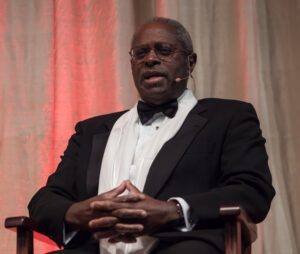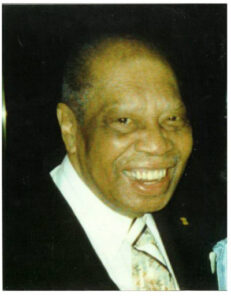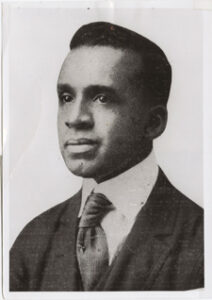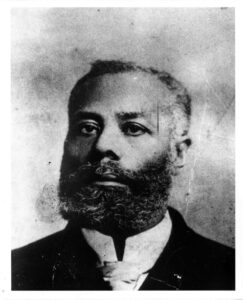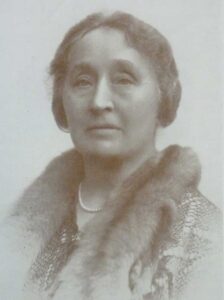Monday, August 19th, 2024, will be National Aviation Day. The annual tribute day is held to honor the men and women who pioneered human flight and had a significant historical impact. This day provides an opportunity for people to appreciate and acknowledge the remarkable advancements made in the field of aviation. To observe National Aviation Day, there are various ways individuals can actively participate and contribute to the celebration.
Here are some ways that you can observe National Aviation Day:
1. Visit an Aviation Museum: Explore the rich history of aviation by visiting a local aviation museum, such as the Intrepid Museum, the Cradle of Aviation Museum, or the Space Shuttle Pavillion. These museums often feature exhibits showcasing vintage aircraft, interactive displays, and educational programs that offer insights into the evolution of aviation.
2. Attend Airshows: Attend airshows organized in your area to witness breathtaking aerial displays and aerobatic performances by skilled pilots. These events not only entertain but also showcase the incredible capabilities of modern aircraft.
3. Take a Flight: Experience the thrill of flying by booking a scenic flight or taking a flying lesson. Many aviation schools and flight centers offer introductory flights, allowing individuals to get a taste of what it's like to be in the air.
4. Volunteer at Aviation Organizations: Support aviation-related organizations by volunteering your time and skills. Whether it's assisting at airshows, helping with restoration projects, or participating in community outreach programs, your contribution can make a difference in promoting aviation.
5. Learn About Aviation History: Take the opportunity to delve into the fascinating history of aviation. Read books, watch documentaries, or participate in online courses to gain a deeper understanding of the pioneers, breakthroughs, and challenges that shaped the aviation industry.
On National Aviation Day, let us come together to celebrate the remarkable achievements in aviation and honor the legacy of the Wright brothers and other pioneers.





